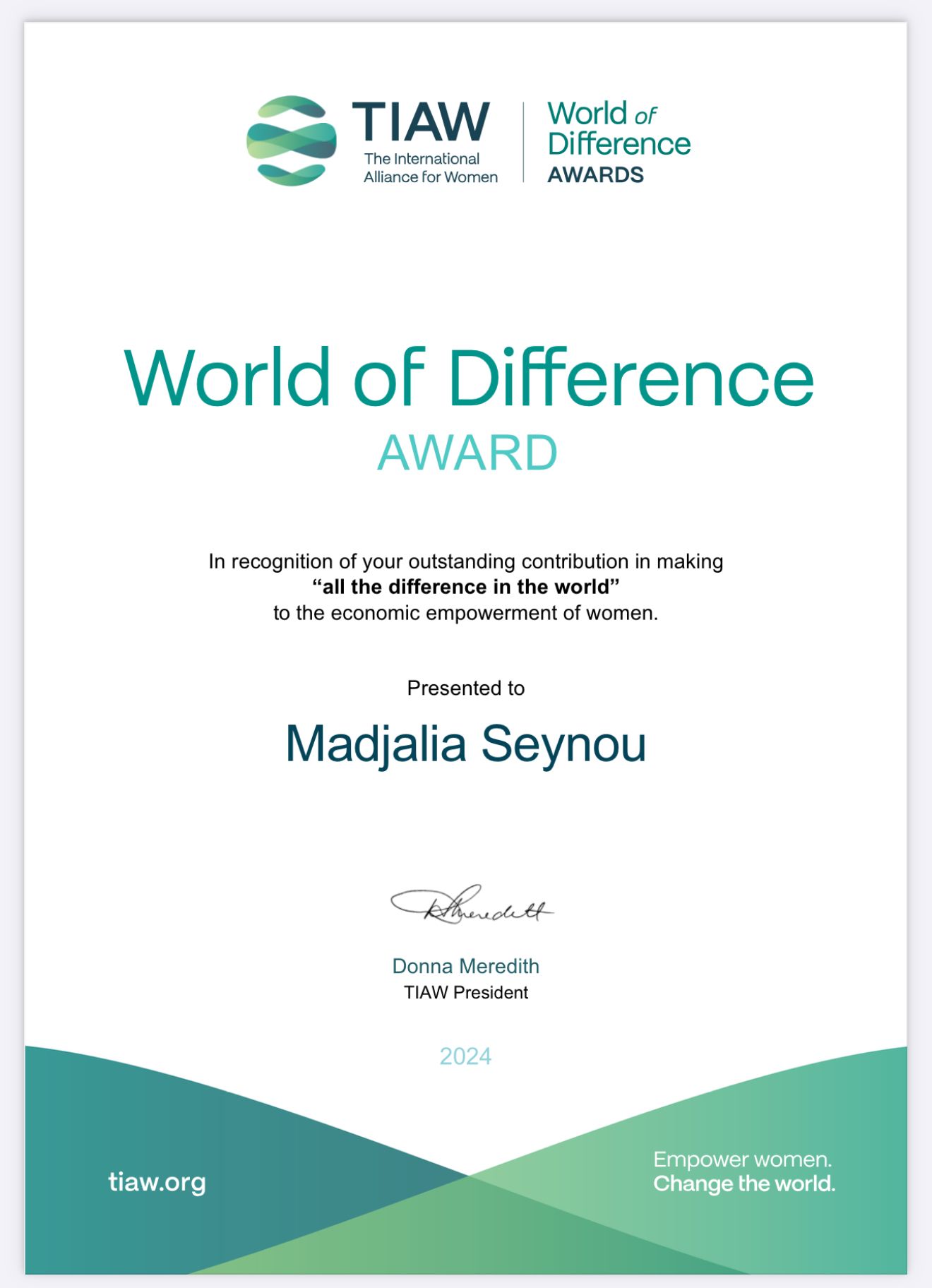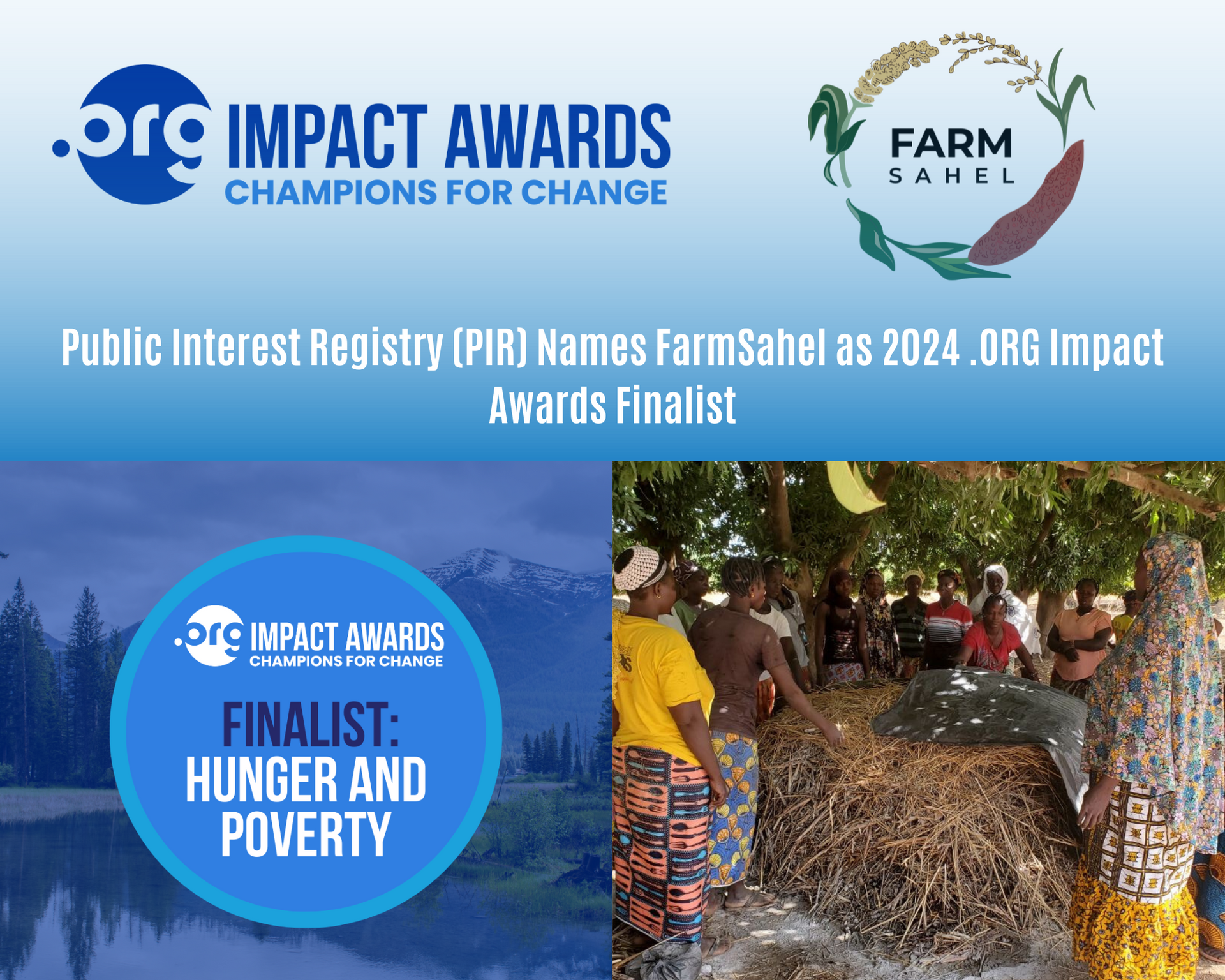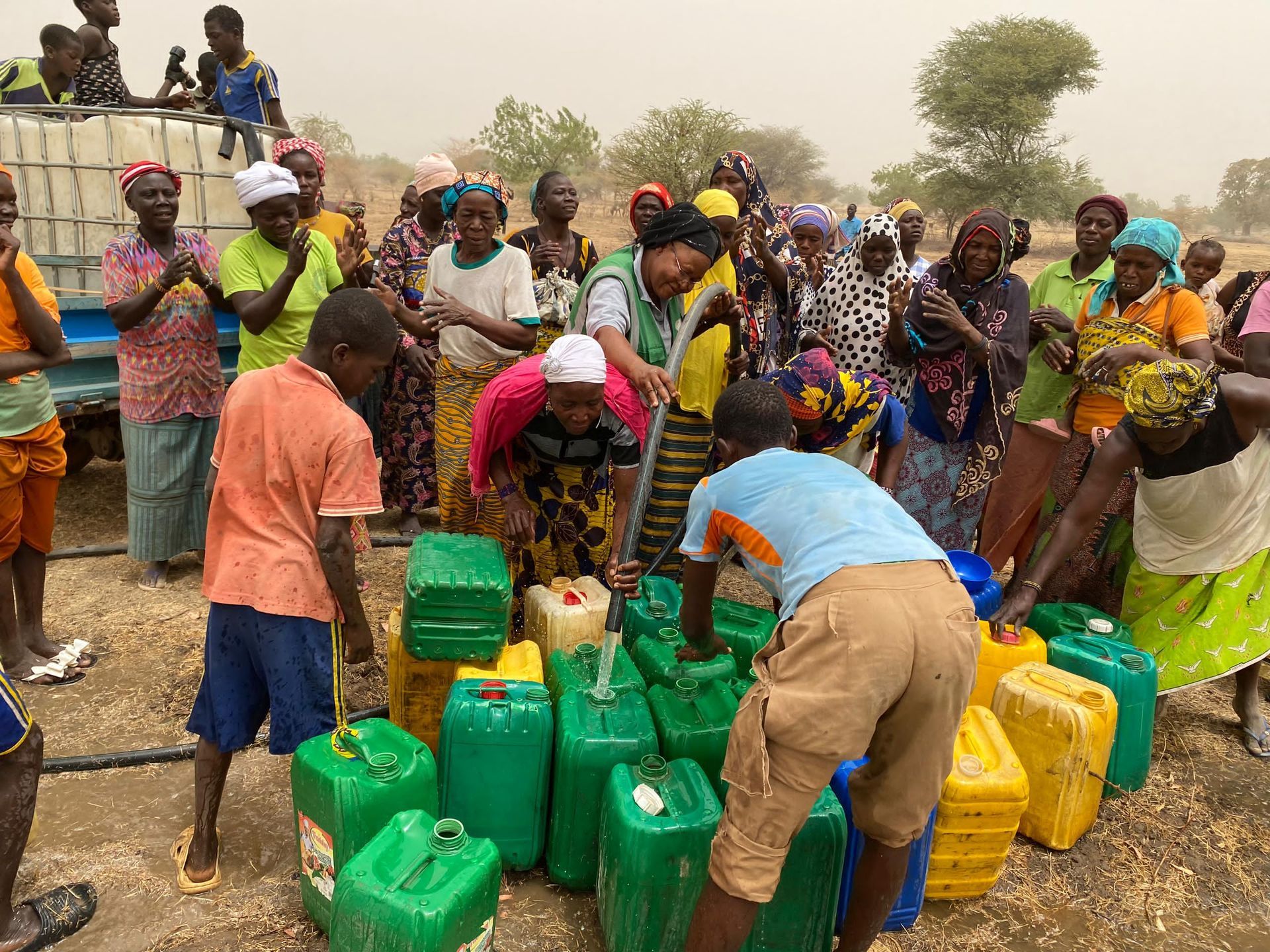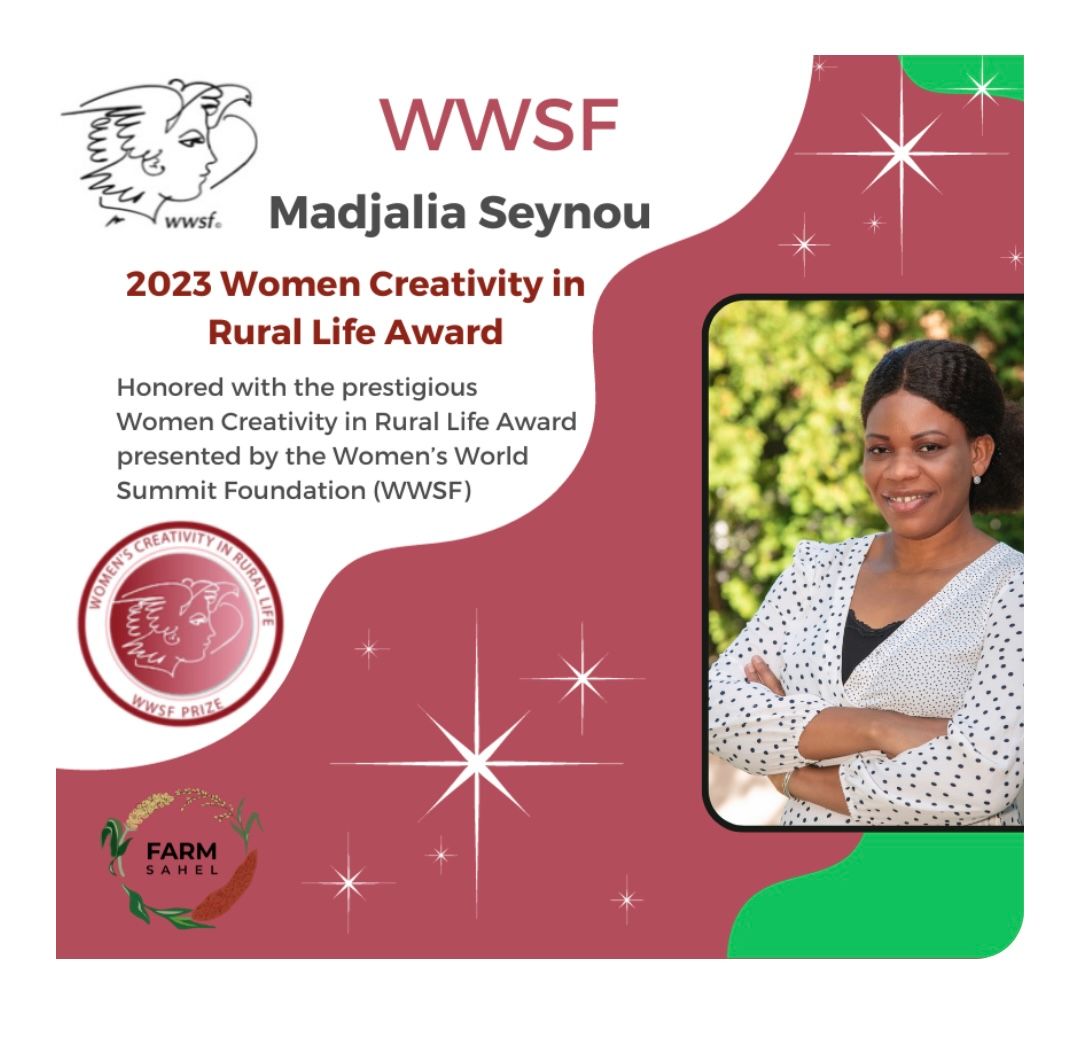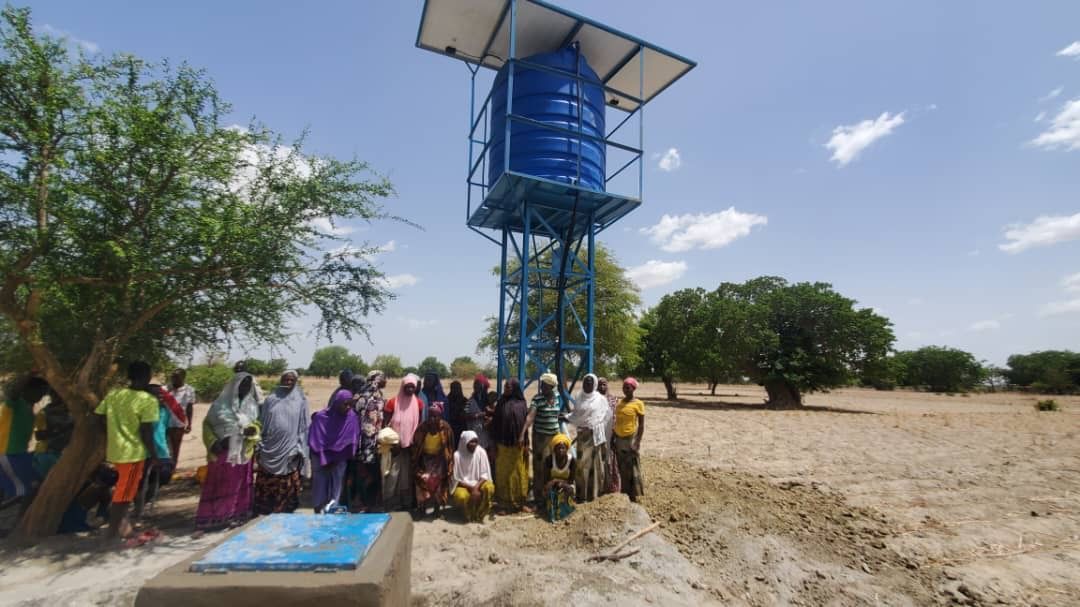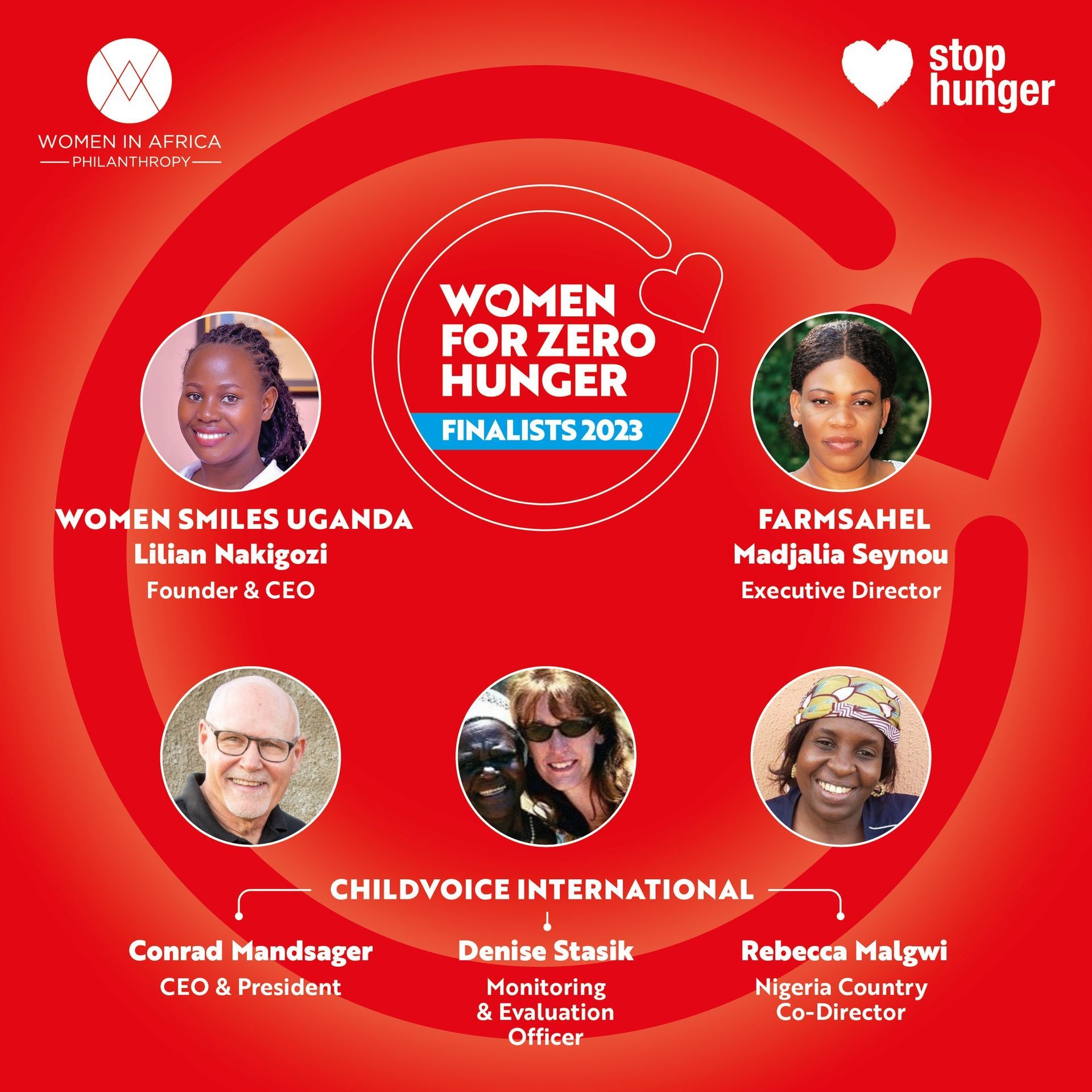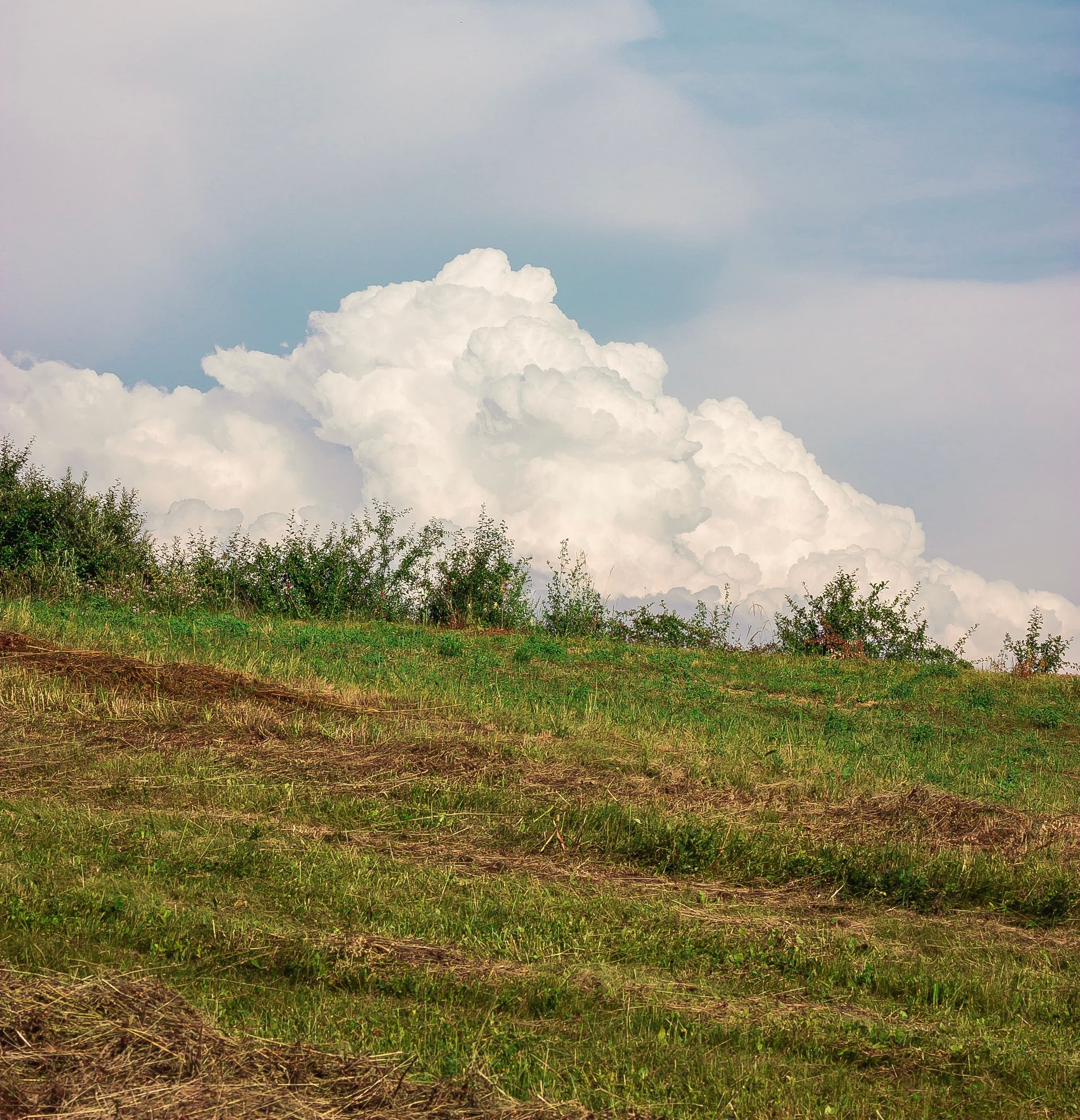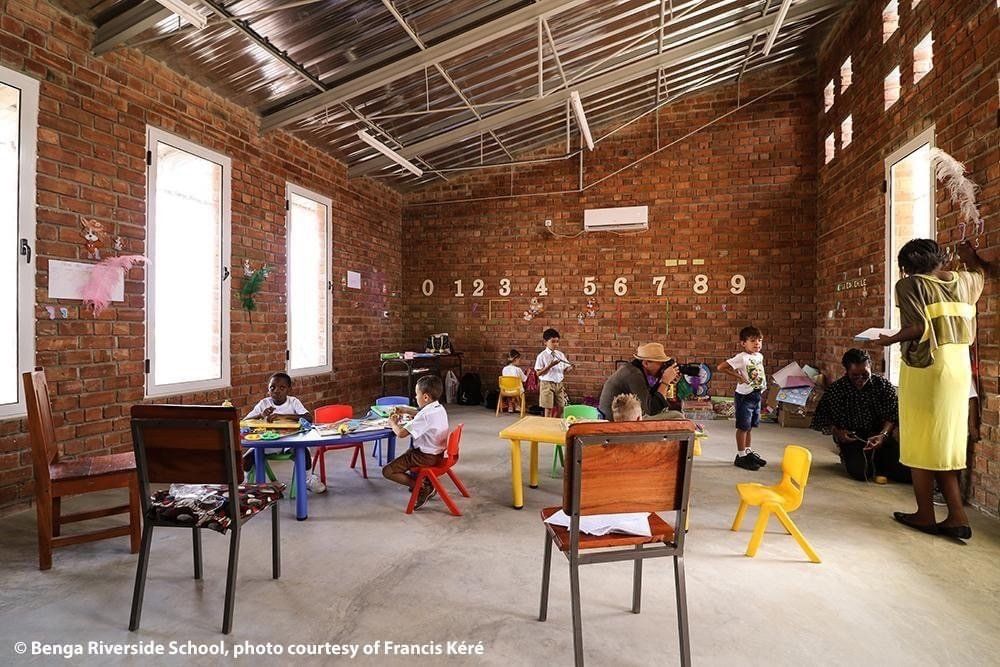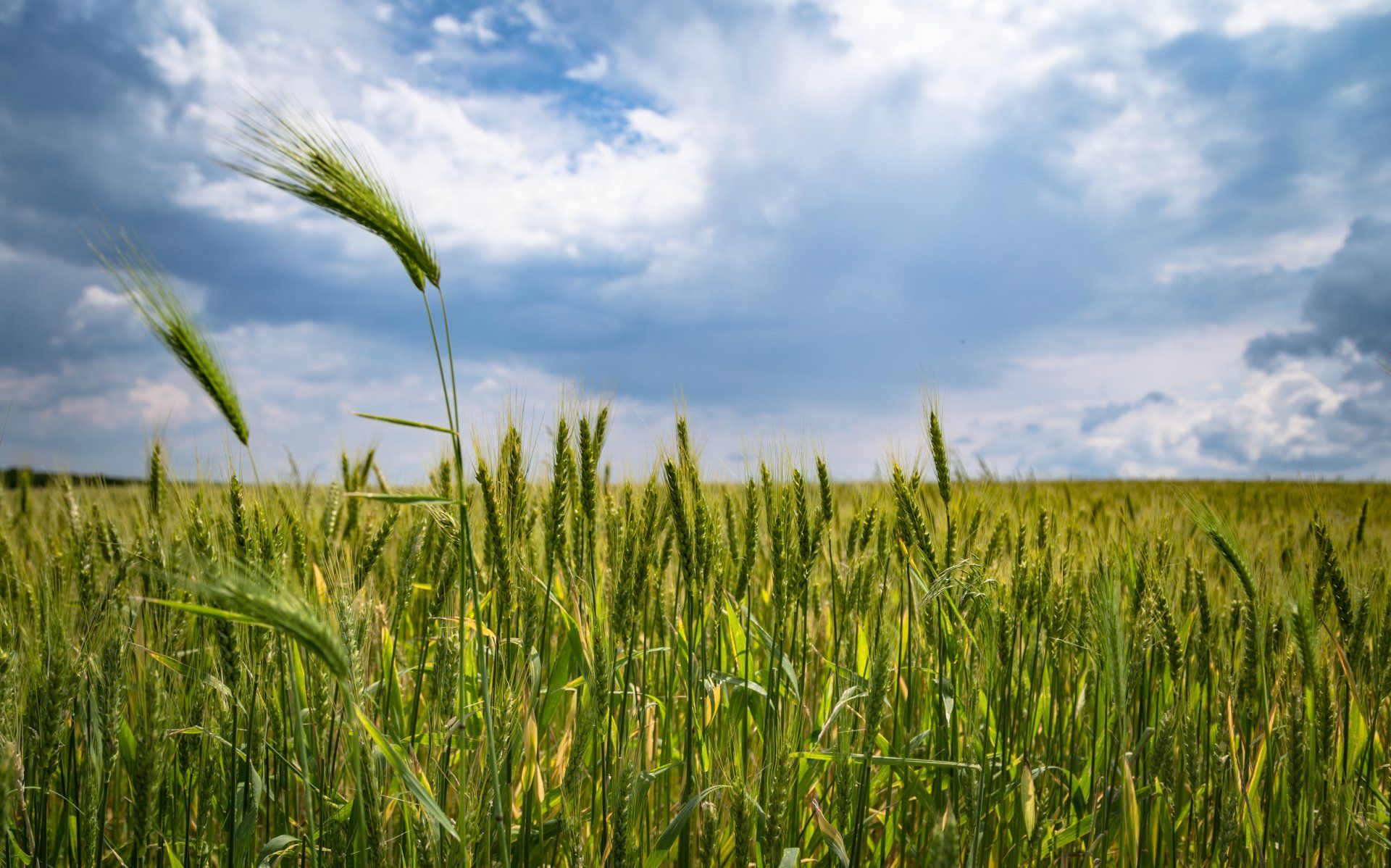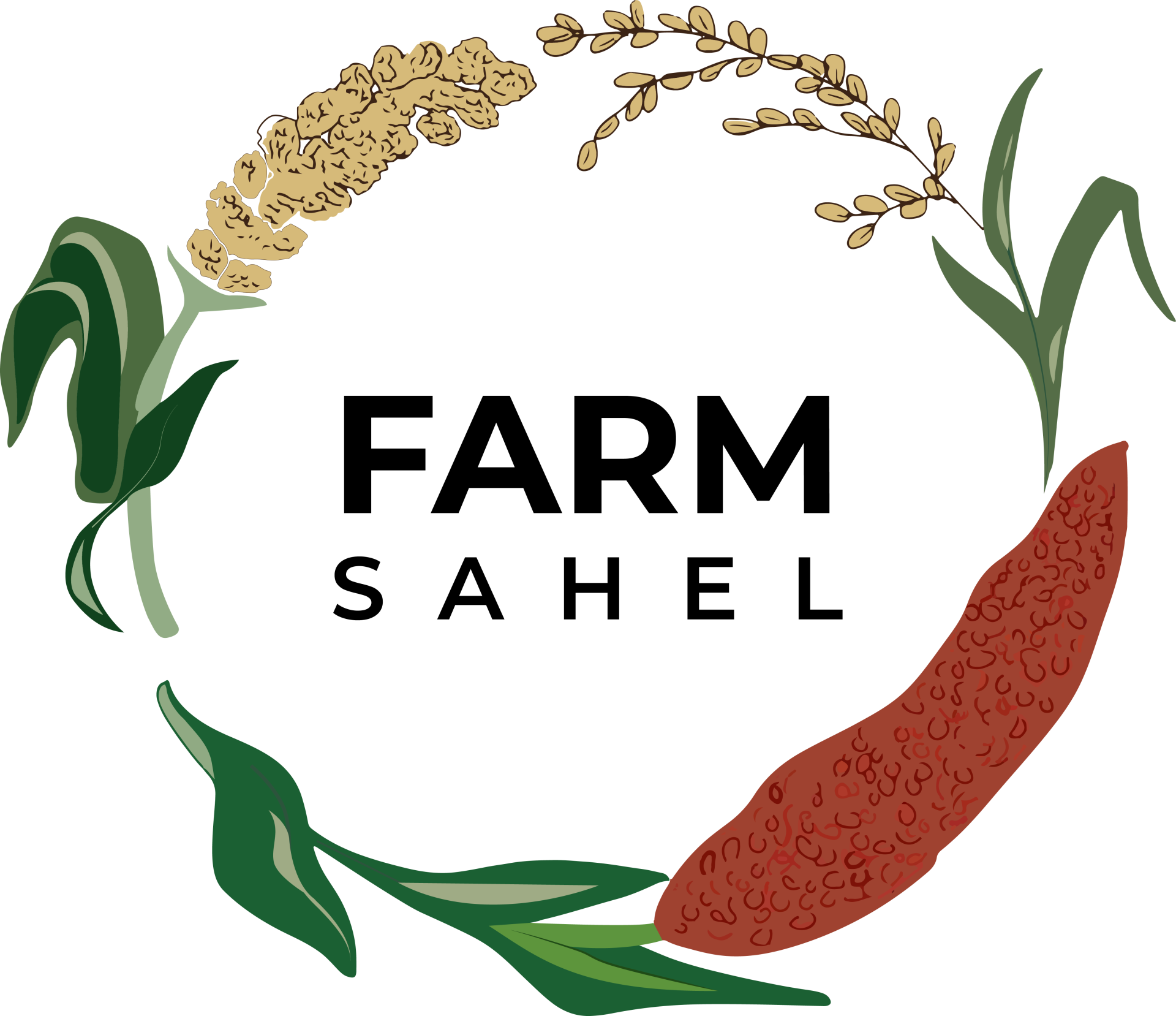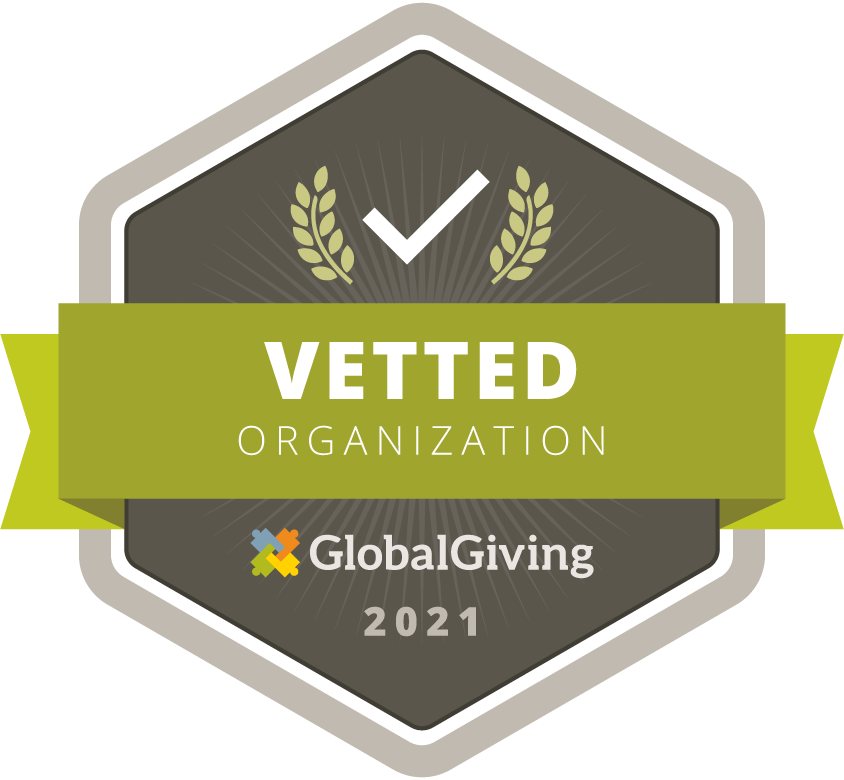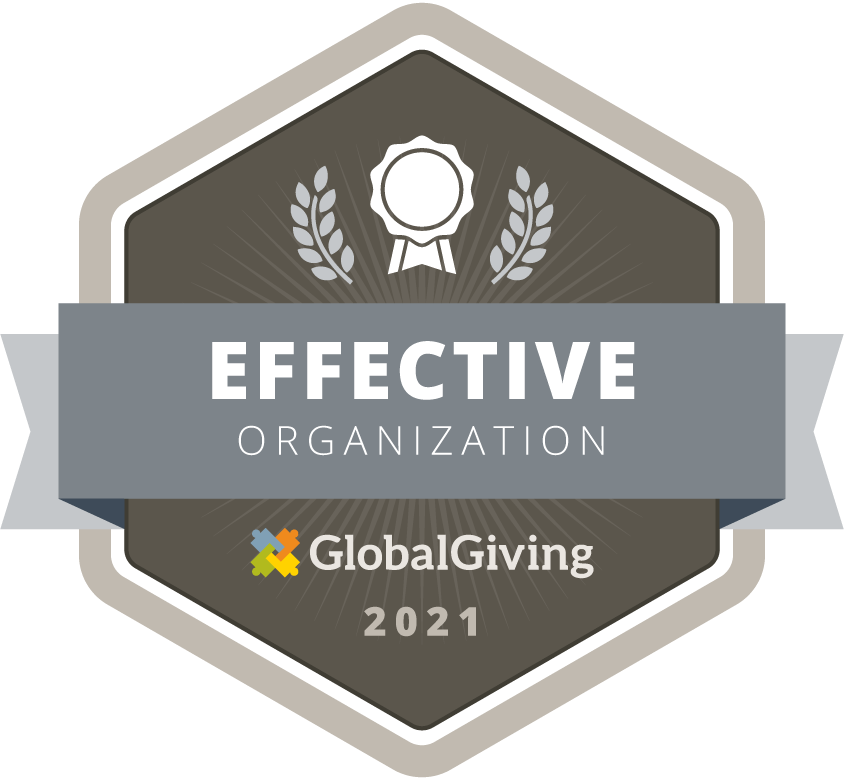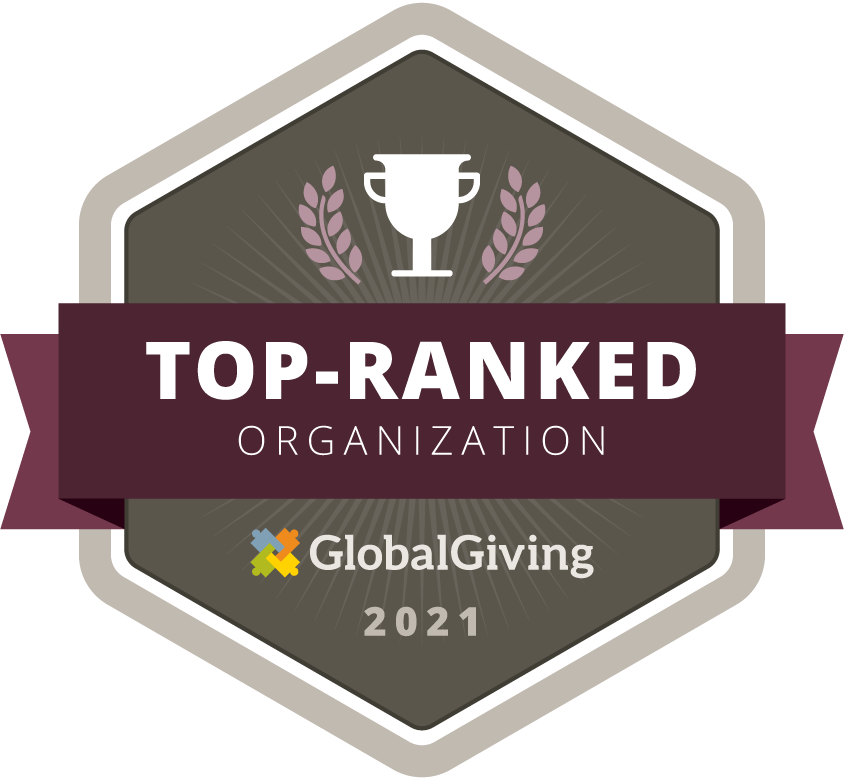Getting Rural Farmers Access to more Capital
In Burkina Faso, 44% of the population lives on just $1.90 a day. Only 15% have access to checking accounts and 7% have the ability to utilize financial services. The people on the outskirts of society, needing assistance the most, are the ones who are left without any institution to turn to. The few banks that are established in Burkina Faso only attend to a few large clients who can spare items for collateral and can pay the high-interest rates. With gender inequality plaguing Burkina Faso, the financial sector is no different. It is close to impossible for women to receive credit. They are usually confined to lower-paid jobs in the informal sector and no legislation outlaws discrimination in access to credit. Even if someone had the means to borrow, they can be turned away based solely on gender and marital status.
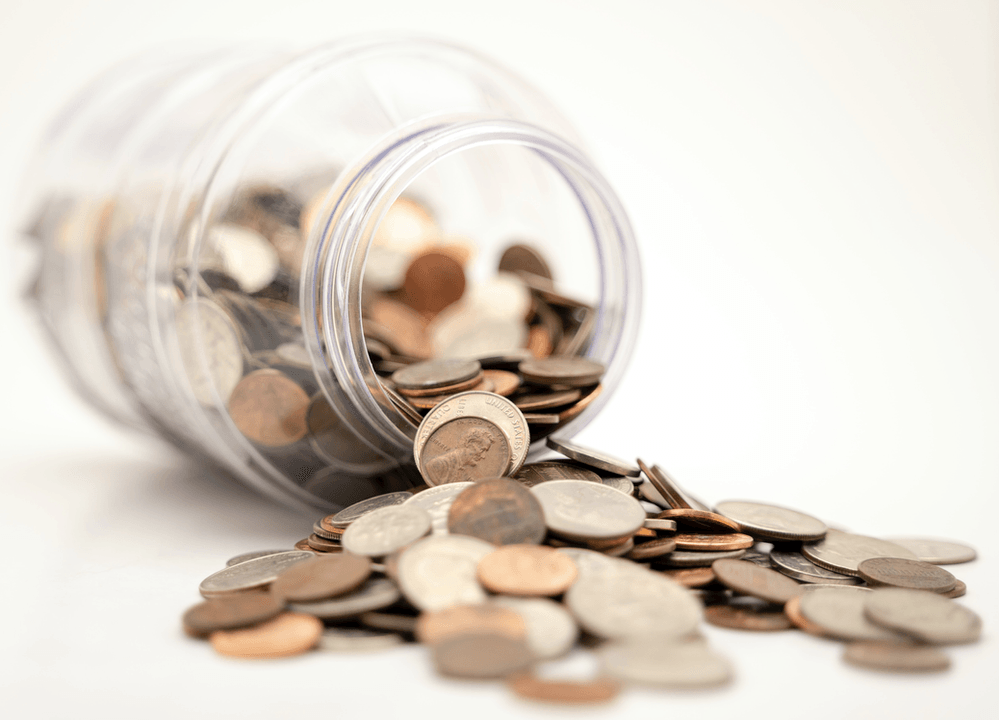
Credit alone is difficult to attain in Burkina Faso, for rural farmers, it has been almost impossible. Traditional banks worry about climate conditions, lack of insurance, and lack of guarantees on output when investing in farmers. This led to farmers calling on the Head of State to create conditions that would allow access to agricultural credit and better food security. This band of farmers was able to oversee the creation of the Agricultural Bank of Burkina Faso in March 2019. Opening with about $24 million of capital, the Bank has allowed farmers to access traditional financial services. The Bank was also loaned about $10.8 million by the Agriculture Development Bank for the creation of agricultural insurance and a warrantage system.
Inventory credit, referred to as a warrantage system, allows farmers to invest more in their agricultural inputs and education. It also allows them to save money and increase consumption. It works by allowing farmers to store part of their harvest in a warehouse for several months, using the bags of crops as collateral. Instead of selling all their crops at the end of the harvest season when prices are low, they can adequately store their excess crops until the lean season. The prices during this time rise significantly allowing farmers to make higher profits.
Another way rural farmers are able to access credit is through microcredits. Microcredit is a small loan given out with a small interest rate. Unfortunately, this is not a governmental policy. Organizations and NGOs banded together to raise capital to test a microcredit system in rural Burkina Faso. This simple access to extra cash allowed farmers to invest in themselves. They bought livestock and agricultural inputs which increased their yield, increased their savings, and increased their food security.
Another way that financial access is improving in Africa and Burkina Faso is through Financial Technology or ‘FinTech’. With large swaths of the population unbanked, Africa has been a prime market for FinTech companies. As cellular and internet access are reaching more people, investors are flocking to the continent. This has led Africa to become the largest adopter of mobile money transfers. In Sub-Saharan Africa alone 70% of mobile money transactions took place. FinTech can reach low-income populations with relative ease allowing individuals to access banking services.
There are many different ways farmers of Burkina Faso are able to now access the financial institutions they were once completely shut out from. Unfortunately, the true relationship between farmers and banks isn’t as clear-cut, especially in the rural sector. Firstly, The Agricultural Bank of Burkina Faso can still deny women the right to use its services. Further, the agricultural bank is more for large-scale production of crops, not smallholder farms like the ones supported by FarmSahel. FinTech is also not doing much to help the rural women of Burkina Faso. While many across Africa are utilizing this new technology, cellular and internet connections have not reached most rural towns, leaving these families in the dark.
The most significant impact that has helped smallholder farmers is microcredits. Again, this is another example of small non-profits making the most lasting impact on a community. Through the microcredit pilot program, all but one of 37 households were able to pay their debt back on time. They saw an increase in yield, savings, and spending. The Burkina Faso government is still very young, the country is being thrown into turmoil but there are still positive steps being made to better the lives of farmers across the Sahel!
https://snv.org/update/civil-society-sustainable-family-farms-and-case-agricultural-bank-burkina-faso
https://borgenproject.org/credit-access-in-burkina-faso/
https://www.poverty-action.org/study/impact-inventory-credit-food-security-and-rural-livelihoods-burkina-faso
https://african.business/dossiers/fintech-africa/
https://www.brookings.edu/blog/africa-in-focus/2021/09/30/mobile-money-dominates-fintech-investment-in-africa/
